Disentangling gravitational signals and errors in global gravity field parameter estimation from satellite observations (SFB 1128, C01)
| Led by: | Prof. Jakob Flury |
| E-Mail: | flury@ife.uni-hannover.de |
| Team: | M.Sc. Saniya Behzadpour |
| Year: | 2014 |
| Funding: | DFG |
| Duration: | 2014-2018 |
| Is Finished: | yes |
| Further information | https://www.geoq.uni-hannover.de/en/research/c-gravity-modeling/c01/ |
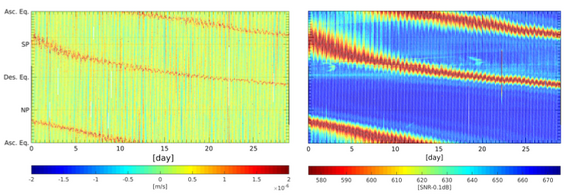
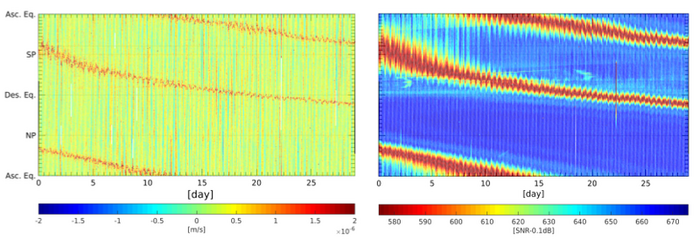

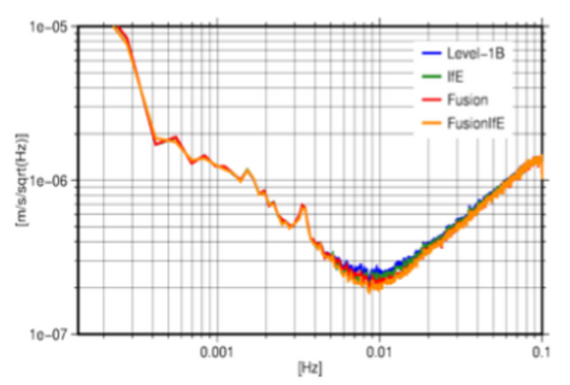
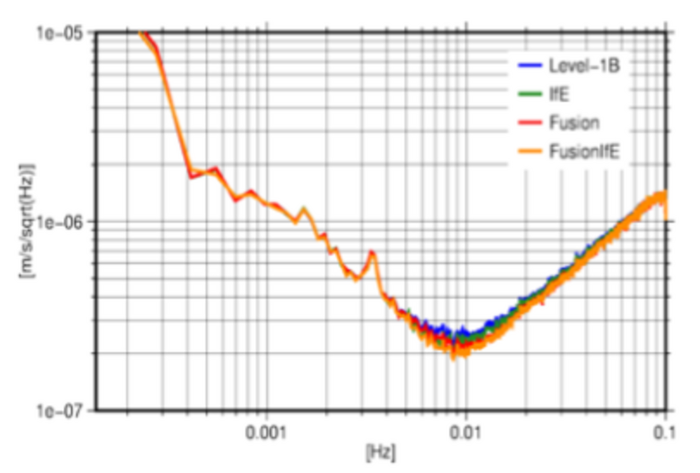

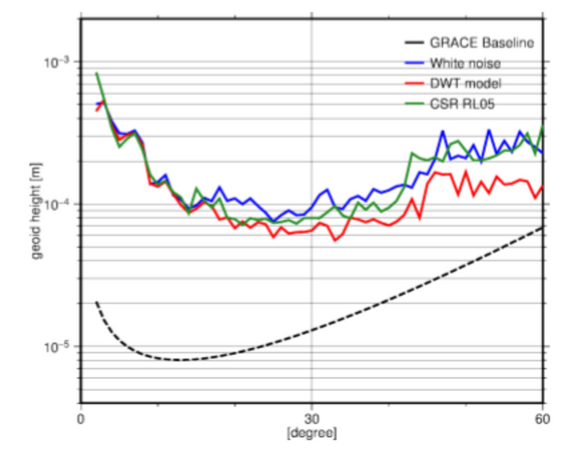
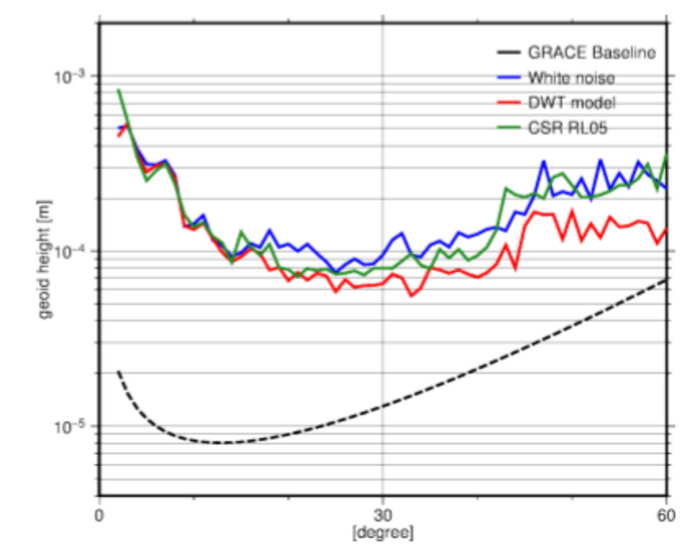
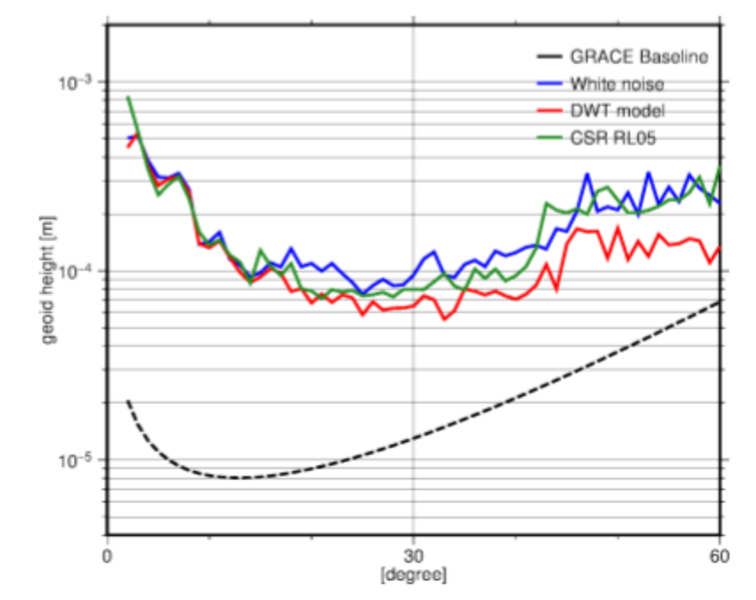
The accuracy of the global gravity field solutions, estimated from data sets of inter-satellite ranging measurements from GRACE, has increased considerably during the last decade. But there remains a difference of an order of magnitude between the error level of current solutions and the GRACE baseline accuracy. For further improvement of gravity field results, efforts are ongoing to disentangle and identify the sources of errors. A full understanding of the errors in the GRACE gravity field will then be helpful in modeling the noise and could help the gravity field solutions.
With the above mentioned aim this project focuses on
- The understanding of how systematic errors from the input sensors’ data and errors from other background models affect the gravity field parameter estimation by an analysis of the post-fit range-rate residuals. The figures 01 and 02 show the systematic errors from the KBR instrument and the GRACE attitude affecting the post-fit range-rate residuals.
- The knowledge gained from the different error sources and their possible effects from the step 1 is used in modeling the noise except just white noise reduces these errors during the parameter estimation chain.
The similar analysis is expected to be beneficial for the GRACE FO as the mission is also based on the same principle. However, the systematics can be different which will be studied once it is launched into the orbit.




